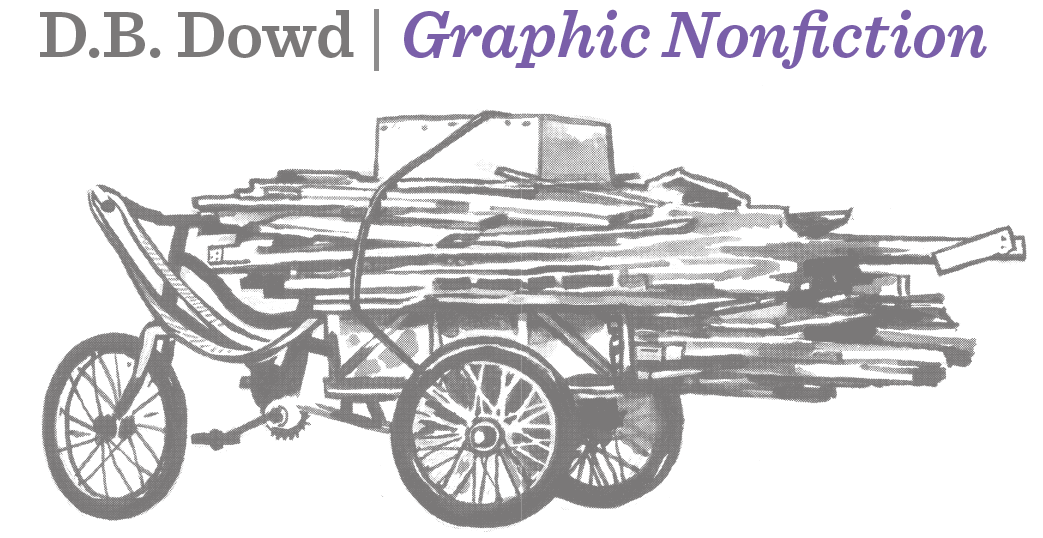On Speed Racer
The other day I saw Speed Racer with my sons, brother and nephew.
I have been a steadfast and vocal opponent (ask my friends) of the conversion of good to to somewhat lame 1960s and 70s television shows into feature films. Television shows do not transfer to screen well, in large part because good television characters have fixed attributes, while movie characters are often required to learn and change over the course of several hours. Otherwise, why watch them? The ongoing evisceration of the new Sex and the City film is a demonstration of these dangers and the resulting critical bonfire. To mix a metaphor. (Clean the carcass before you burn it?) Of course viewers often disregard critical response and go to see bad movies anyway.
I guess I did not really focus on the fact that a Speed Racer movie was in the works until I saw the trailer. Like many people, I thought that the Wachowski Brothers' Matrix films were increasingly indulgent and gradually unwatchable, though the germ of the idea and the visual realization of it in No. 1 were appealing, if the religious imagery combined with fetished violence annoyed--the Christ with an Uzi bit.
Anyway, the Speed Racer trailer promised a spectacle with an agenda of sorts. I went with extremely low expectations, appropriately. I watched the show as a kid, almost daily. I could never figure out why their mouths worked so badly, but I liked the cars and the song.
Surprisingly, I loved the movie. I am still trying to understand why I loved it, and I expect to return to pay more attention to details, but for starters, the film addresses and heightens the emotional vacuity that I associate with anime: the characters have a weird sort of kabuki attitude about everything. There is a moment when Speed and Trixie (Christina Ricci--holy moly--is anime made flesh) are sitting in the car at "inspiration point," the local park-and-make-out spot, and Trixie is tempting Speed with her babe powers. Speed responds almost rhetorically, sans animal drive, yet we are supposed to acknowledge her beauty, his dashing presence, and their common attraction. Rock and Doris, sort of, but that's not really it. A plinking arrangement of "Bewitched, Bothered and Bewildered" is playing under the scene, and an array of pink roses and cherry blossoms forms a background behind them. What a crazy thing--a gorgeous spectacle, references to Japanese art both modern and premodern, and a bizarre Brechtian distance built in. It's both campy and aesthetically rigorous. Also very self-aware and sexually displaced. It is, in other words, an art experience of a sort, insofar as it addresses exactly the sort of thing that inspires many column inches in the realm of contemporary art criticism. Pretty self-reflexive stuff.
There are other intriguing moments and quotations throughout the film. Some of them concern race and contemporary global culture, others engage more narrow visual and photographic language issues. The placement of black characters in major cultural roles in prior periods--in this case, a champion grand-prix driver in 1943--is frankly historicist. A theme park mentality brought to cultural history. More to reflect on there. (There are plenty of other examples of this--Morgan Freeman's role in Clint Eastwood's Unforgiven makes no sense whatsoever. He would never have survived the first half hour of the film.)
I am curious to hear from others on this front. I will understand if others find it nauseating, but I'd like to know. All of us loved it, and we came to the experience with wildly different frames of reference. I am especially curious to hear female perspectives on the film. I'm going to try to get my wife to go, to get her take.
